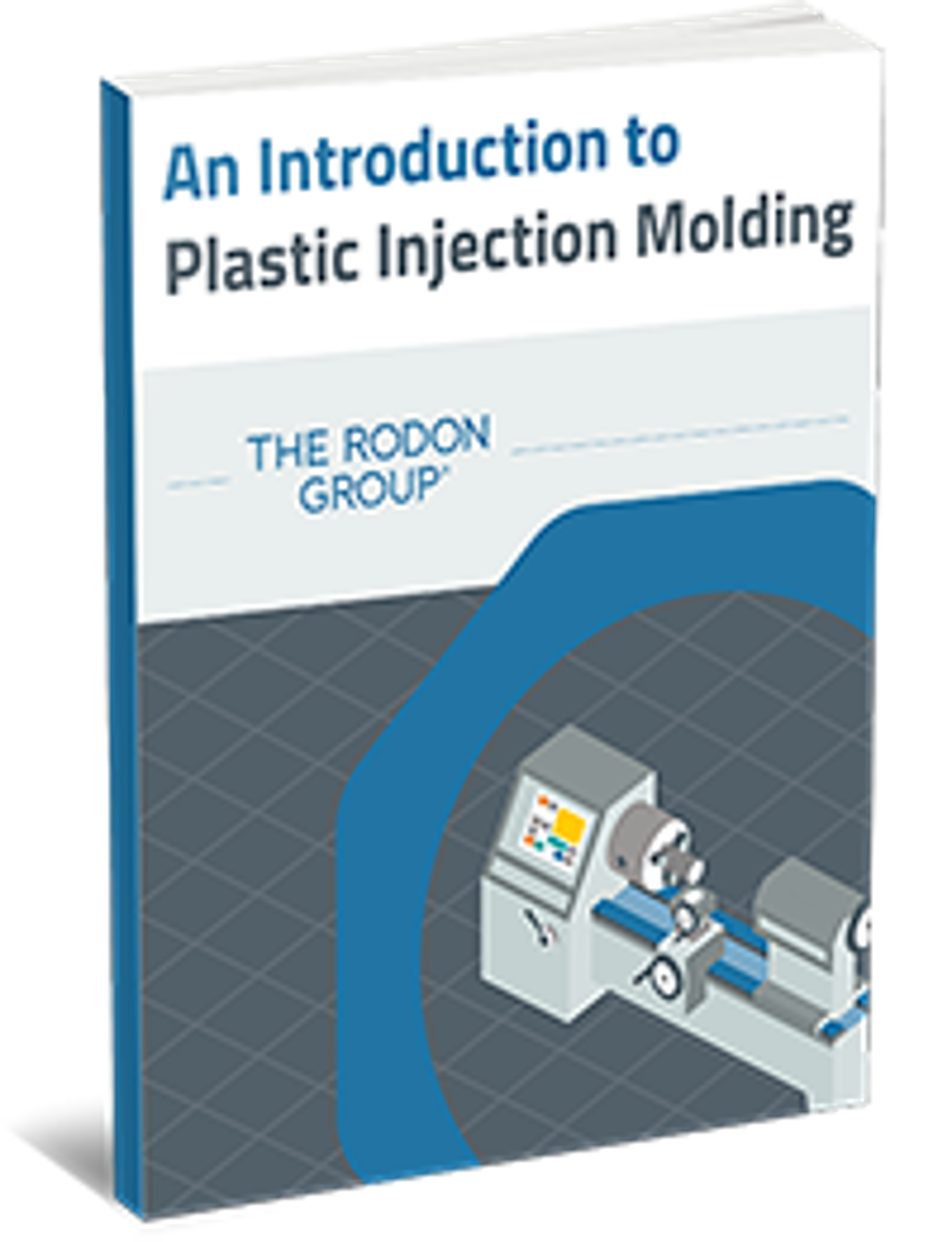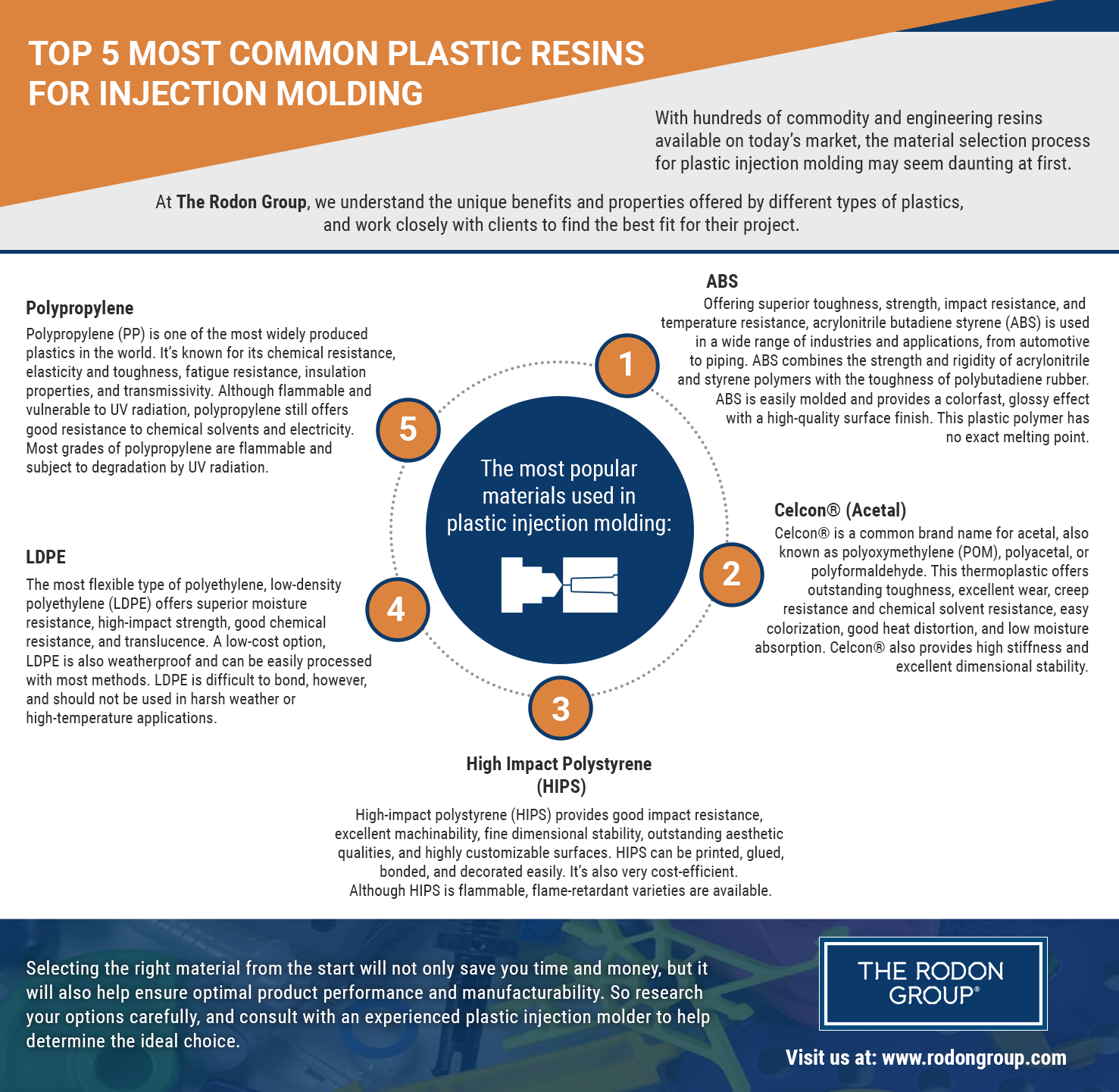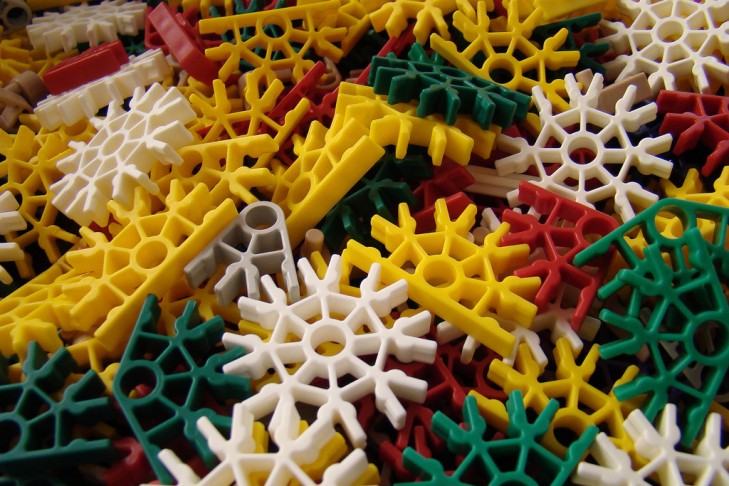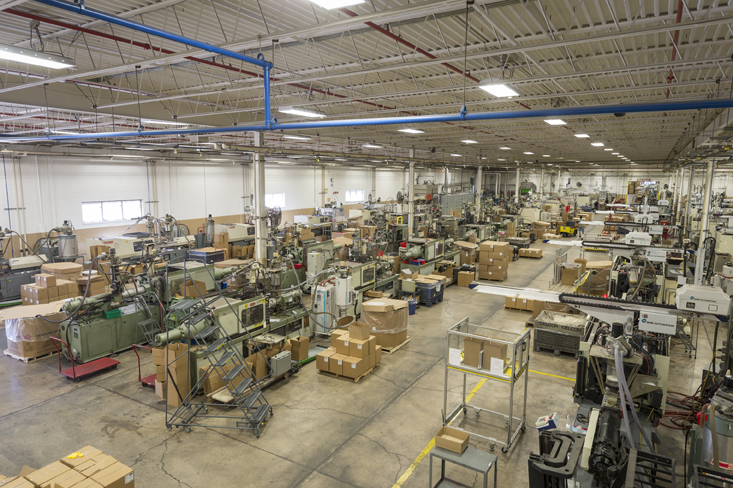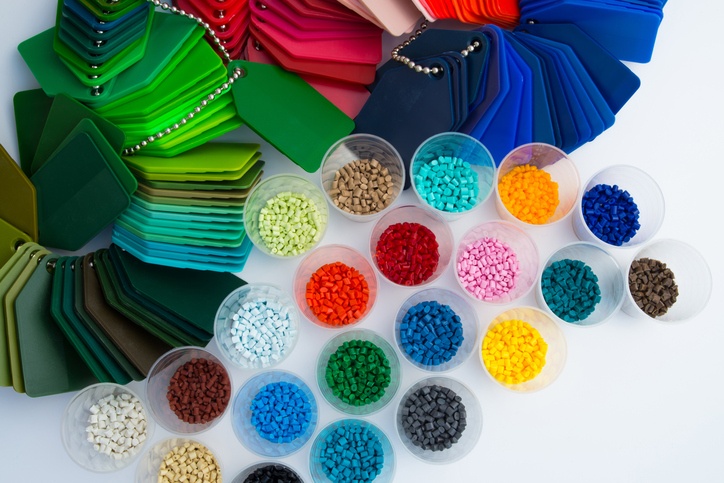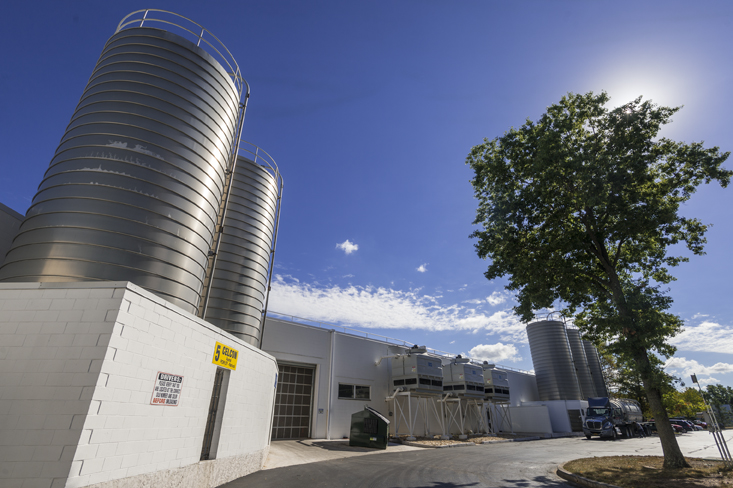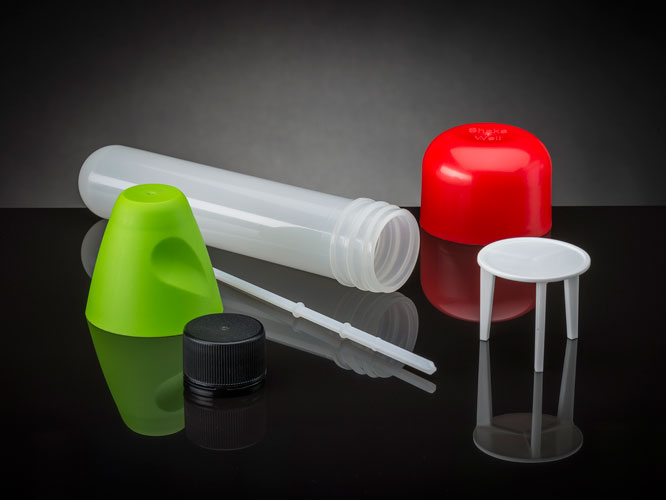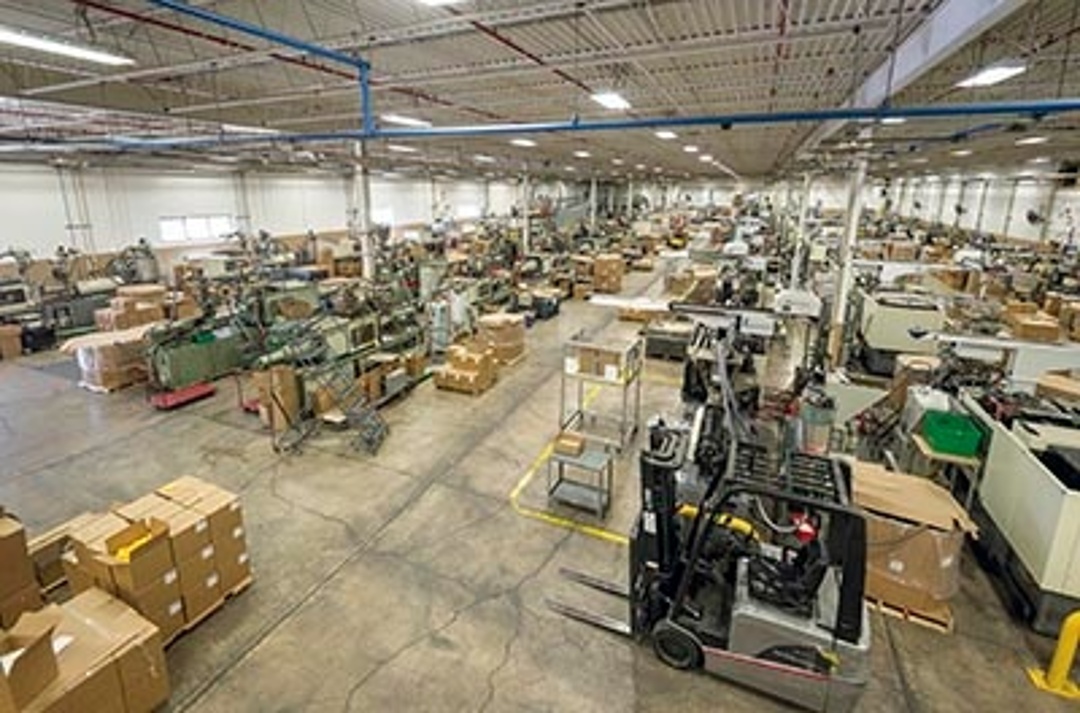Developed with designers, engineers, and purchasing specialists in mind, our completely revised and expanded eBook, An Introduction to Plastic Injection Molding provides a thorough understanding of plastic injection molding processes, presses, and costs. Our goal is to help our customers and followers become more knowledgeable about what goes into making a plastic part.
With hundreds of commodity and engineering resins available on today’s market, the material selection process for plastic injection molding may seem daunting at first.
At The Rodon Group, we understand the unique benefits and properties offered by different types of plastics. To help you understand your options and which kind might be the best fit for your project, our team of experienced industry professionals have put together a concise infographic on the "Top 5 Most Common Plastic Resins for Injection Molding." :
Click Infographic to Expand
While plastic has been used to create a vast number of consumer products, the material’s potential uses expand far beyond children’s toys or storage containers. Today, industry experts rely on plastics to create everything from automotive parts to synthetic human body parts.
Advancements in plastic injection molding technology allow manufacturers greater flexibility and sophistication in part design. At The Rodon Group, we are continually incorporating the newest technologies to remain on the cutting-edge of molding techniques in all sectors. This commitment to growth and innovation has allowed us to continue providing the highest-quality products to our customers.
Colored plastics see broad usage every day in a vast range of applications and settings, but not many people understand how these hues are created and implemented. With the help of Penn Color, a knowledgeable and experienced local colorant manufacturer who has a longstanding partnership with The Rodon Group, we have gathered information and insights into how the plastic products we know and use every day get their colors.
At The Rodon Group, we are dedicated to maintaining the health and vitality of the environment. We firmly believe that every business holds a societal obligation to implement green manufacturing initiatives aimed towards fostering sustainability and minimizing the impact on the local community and environment.
For over six decades, The Rodon Group has provided innovative manufacturing solutions for a wide range of industrial applications. As an ISO 9001:2015 certified plastic injection molder, we offer high-quality custom parts in high volumes and at low costs to clients in the following industries:
A mold is a hollow form typically made from stainless steel that has plastic injected into it to manufacture a plastic part. The plastic is inserted into the mold cavity, which is a hole in the mold shaped like the desired part. Molds are only used in mass production because of the cost involved in designing and manufacturing them. Because molds are critical to the production process, it is essential they are accurately made.
Turnkey manufacturing is a process where one company oversees all aspects of a project's production from beginning to end. They handle all project phases: starting with the initial design phase, and progressing to machining/tooling, then to quality assurance, and finally to the manufacturing, packing, and shipping stage of production.







